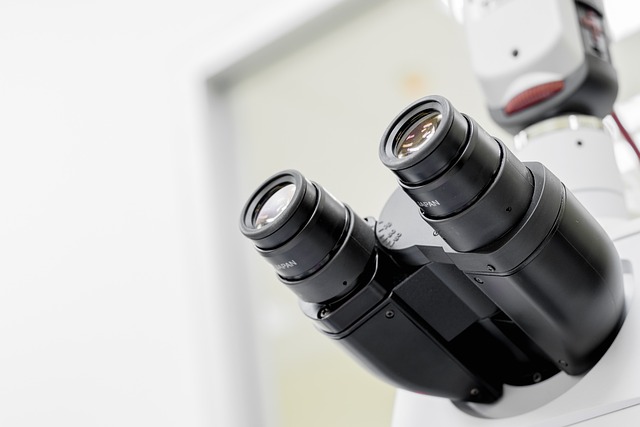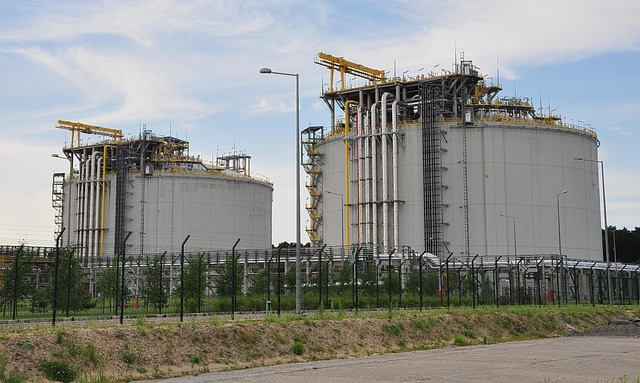
“The Future of Innovation: Optimizing Employee Experience”
The Future of Innovation: Optimizing Employee Experience
As we step further into a future driven by rapid technological advancements and evolving workplace dynamics, the term employee experience has become more than just a buzzword; it represents a fundamental shift in how organizations view their workforce. Employees today are no longer just cogs in a machine but are considered valuable assets whose experiences, happiness, and satisfaction are vital to the overall success of any organization.
In this age of innovation, companies are prioritizing the enhancement of employee experience to cultivate a thriving work environment. The realization that a motivated and engaged workforce correlates with increased productivity is reshaping the way businesses operate. No longer can organizations afford to overlook the sentiments of their employees; now, it’s about creating a workplace where individuals feel valued, connected, and empowered.
But what does it really mean to optimize employee experience? It goes beyond offering perks or benefits; it’s about fostering an environment where employees feel included and appreciated. This can be achieved through effective communication, opportunities for growth, and ensuring a healthy work-life balance. By prioritizing these elements, organizations can unlock a new level of innovation where employees are inspired to contribute their best ideas and solutions.
Technology plays a pivotal role in transforming the employee experience. With the rise of platforms for remote collaboration and real-time feedback systems, businesses can tap into the needs and preferences of their employees more effectively. Utilizing data analytics can help identify areas for improvement, creating personalized pathways for professional development that resonate with each employee’s aspirations and strengths.
Furthermore, embracing diversity and inclusion is critical in optimizing employee experience. Diverse teams bring unique perspectives and ideas, sparking creativity and innovation. When employees from varied backgrounds feel represented and heard, their sense of belonging enhances not only their engagement but also the organization’s capacity for groundbreaking innovation.
Additionally, well-being initiatives have gained prominence in recent years. By addressing mental health and providing support, organizations are making strides in creating a culture of care. When employees feel valued in all aspects of their life, their motivation and commitment to their work naturally increase, leading to healthier workplaces and more innovative outcomes.
The journey towards optimizing employee experience is continuous and requires a culture of feedback. Regular check-ins, surveys, and open forums can empower employees to voice their opinions and contribute to shaping the workplace. This transparency fosters trust and gives individuals the confidence that their well-being is a priority, which is essential for driving innovation.
In an era defined by change, the ability to adapt and innovate hinges on the experiences of employees. By placing a premium on employee experience, organizations can harness the full potential of their workforce, pushing boundaries and achieving remarkable results. The future of innovation is not just about technology—it’s about people, their experiences, and the profound impact they can have on the trajectory of any organization.



